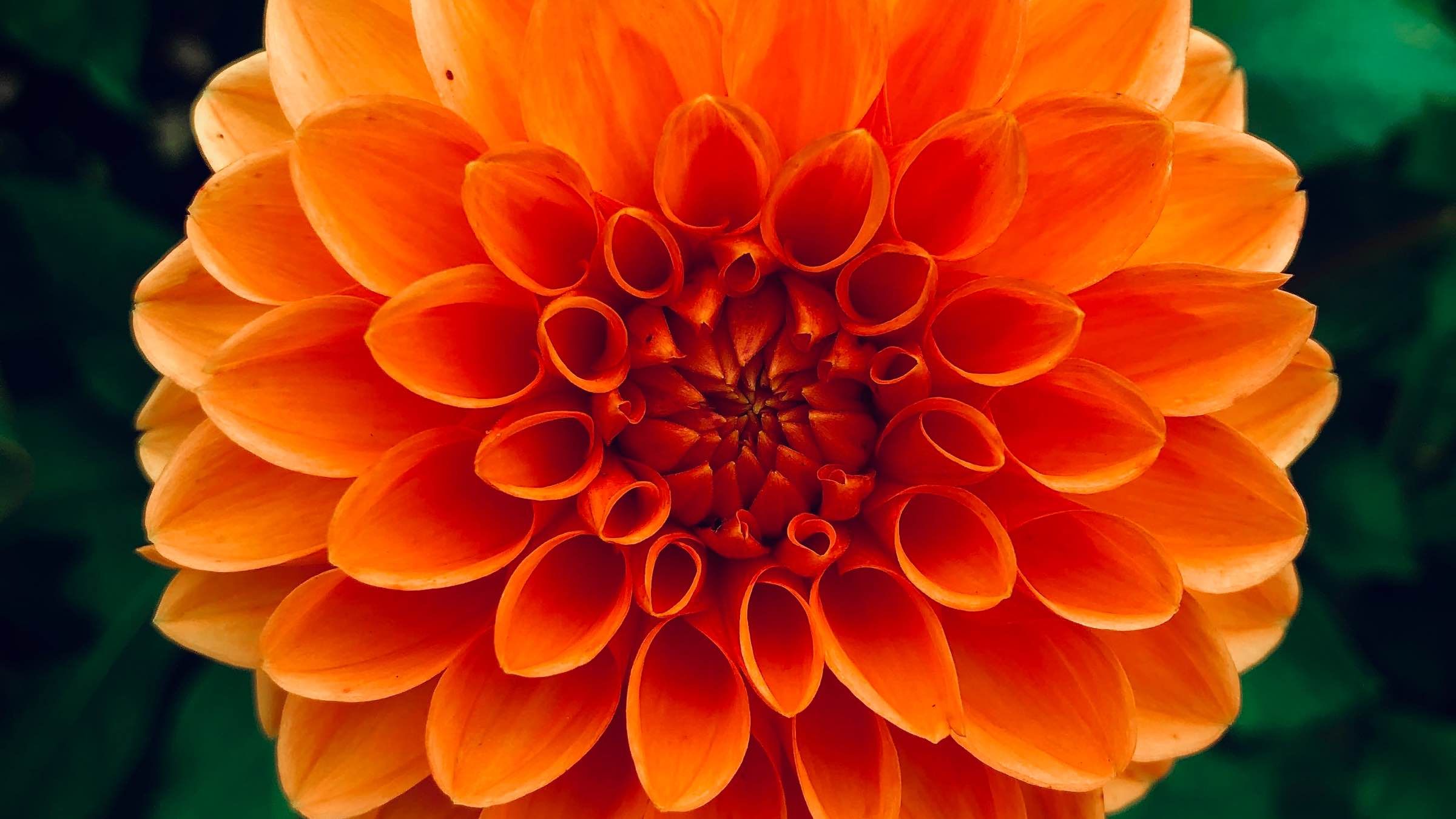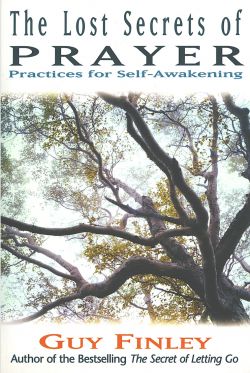We are always trying to build a self that won't disappear out of the things that are coming in the stream of time, never understanding that nothing we find floating upon this temporal stream can ever be timeless. And if this is true about the nature of the world's ever-becoming events, how much more impermanent is our sense of identity derived from them? But we're slow to learn! No sooner do we climb aboard that new sought-after sense of self than around the bend it goes! To which we say, "Well, OK, that wasn't it!" Have you ever said that before? "No, that wasn't it. But wait! This must be it!" And then you do it all over again?
How can we find that life that doesn't have this perpetual sense of loss in it? Where one day we're the captain of a fine ship, and the next day we can't even find the boat! We don't even have a dinghy! To make matters worse, we aren't even sure what just happened other than we seem to have lost ourselves once again.
What does it take to keep ourselves from repeatedly going through this experience of loss? And if such a life is possible, how is it to come about for us?
The principal pain of our physical existence, psychologically speaking, is that every single day -- and at least ten thousand times in a given life span -- there's this dreaded feeling of losing yourself when that little boat that you thought was "you" disappears around the bend. The good news is that as you start to understand the nature of the real problem, you also begin to understand the solution. So, the first part of this necessary knowledge is to see it is true, you do lose yourself. And that the way that you lose yourself is through looking for a permanent sense of yourself in a nature that is itself forever disappearing, as its existence arises from and is carried away in the stream of time.
Our senses perceive our lives as taking place in a physical world whose nature is just like a river. Life is there outside of us and it just flows by, one event after another. And every event that flows by is filled with things that either supply a solid sense of ourselves, or within which we're searching for this sense of self. Every comment someone makes, each car that drives by, even the color of someone's shirt, can provide us with a temporary ship by which to know ourselves. This is pretty much our present experience of life: a never-ending series of hopeful beginnings usually followed by some unwanted or dark ending. Why? Once again, that nature within us responsible for our life experience knows only one way to "know" itself -- and that is to find itself in what is flowing by.
In short, we're always trying to find a self that is permanent, but the very self that's seeking is impermanent. And within what is perhaps only a dim understanding of our actual spiritual condition we turn and ask in earnest, "How do I find a permanent me?" This brings us to the real purpose of prayer: To connect yourself with and to remain conscious of what is good, timeless, and true whose dwelling place is within you. That permanence is there now. You are its intended, as it should be yours.
Even so, to attain this level of higher consciousness is not without its cost. You have to work to understand, to begin seeing that your own thought nature is creating every microsecond a certain false sense of self, and that it's this self who always disappears in the stream of time. Once you start to see this Truth, your course of action is implied and immediate. You know that you need a new North Star; something to rely on that doesn't set. You know you need to be connected to something that doesn't disappear when all of the things that you call yourself do. And out of this first little bit of real self-knowledge comes the whole new action of working to remember yourself; of striving inwardly at all times and in all circumstances to be aware of your interior unchanging self even as you move through a world filled with ever-changing events.












